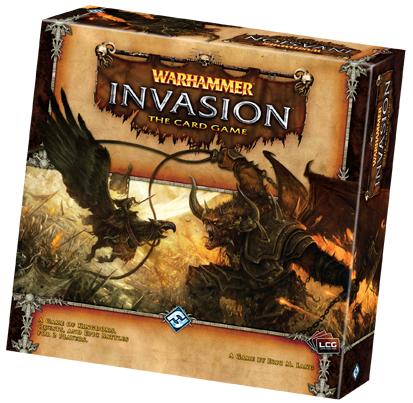I visit the Fantasy Flight Games website regularly. I am a
fan of a good few of their games, so I pop in now and again to see what they
are up to. Only recently did I notice something that I probably should have
spotted some time ago. Middle-Earth Quest, one of my all time favourite games,
is gone – and has been gone for some time. What the hell?
Middle-Earth Quest seemed to have everything going for it: a
well known, very much beloved world, a ton of cards both big and small, some
really great artwork and a sprinkle of little plastic dudes and dudettes.
Simply put, it was absolutely up to par with what FFG has so many of us hooked
on, and (with the Middle-Earth licence) a little more.
I remember vividly the day when I brought the box home, I
also remember my first games. I would face off against my wife (who was not my
wife back then) as Sauron or as a fellowship of heroes, and we would play it
almost every day. Middle-Earth Quest completely took over our spare time,
occupying evening after evening for a good few weeks. And even now, almost six
years later, it still takes over our table on a regular basis.
 |
| Image source: BoardGameGeek |
There are good reasons why this game became one of our
favourites so fast, despite its long playing time and the typical FFG-style
rules (something they now do much better), which would make finding this one
thing we don’t remember a five minute endeavour. Middle-Earth Quest is
beautifully atmospheric, it’s tense, it’s (mostly) very well paced, and it’s
surprisingly cerebral. So cerebral in fact, that I now honestly think it was
too smart for its own good.
The heroes in Middle-Earth Questt are not expected to blunder
around the map in search of monsters to slay and treasures to loot. The
development of each character is an element of natural progression and not one
of the goals, which will then open up the opportunity to kick the snot out of
the main baddie. The players will not be chucking dice. Instead, they will be
managing hands of cards, carefully assessing the dangers and shrewdly picking
their routes (evading combat whenever possible), so that every step they make
will lead them closer to foiling Sauron’s plans and plots. They will have to
work together, proving that their fellowship as a whole is more than a sum of
its parts. And the Sauron player will have to keep up.
 |
| Image source: BoardGameGeek |
Now Middle-Earth Quest is gone. There will never be an
official expansion we were so much hoping for (against our better judgement).
There will be no more heroes, quests, tricks for Sauron. And I keep thinking
that this is because Middle-Earth Quest was published before Vlaada Chvatil
took to the BGG top ten with his Mage Knight, proving that adventure gaming can
be as much of an intellectual challenge, as any Eurogame. That may have
recalibrated the expectations that had taken down Middle-Earth Quest just a few
years before.
Luckily, nobody will take my copy of Middle-Earth Questt away
from me. I’m looking at it on my shelf as I’m writing these words, happy that
it still gets to my table. It has astonished me, it has inspired me (and showed
me the way I could go myself with Mistfall), it has shown a new way narrative
and atmospheric games can go, instead of what seems to be the canon. Middle-Earth Quest, my friend, although you’re dead to FFG, you will live in my
heart and – obviously – on my gaming table.
Now, let me take a look at my calendar to set up a meet.
__________________
FIND OUT MORE NSKN official website | Facebook | BGG
Follow us on Twitter: @NSKNGames
















